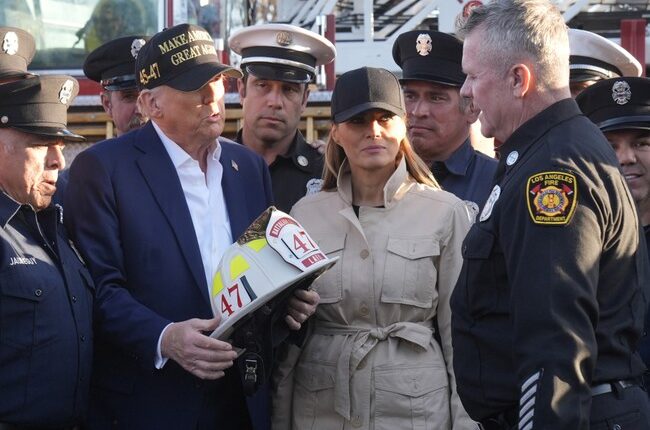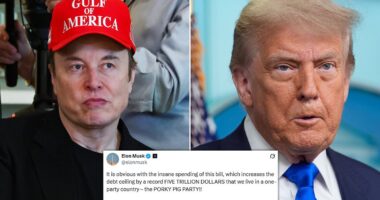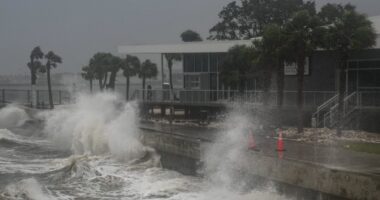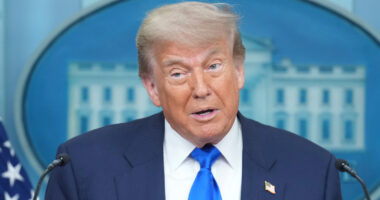
The president’s remarks were quickly followed by the introduction of a high-level commission. The purpose of this commission is to evaluate FEMA’s recent performance and propose essential changes to improve the agency’s operations.
This development is considered positive because the existing FEMA model is ineffective and is in need of significant reform. However, the decision to establish a commission may come as a surprise, given the numerous executive orders issued by Trump the previous week, which addressed a wide range of critical issues.
The president has demonstrated a keen judgment on various topics and has the ability to use his platform to communicate his policy stances effectively. Therefore, it is somewhat unexpected to see him entrust FEMA’s issues to a commission that has been allotted up to a year to compile and present its conclusions.
The president had other options here. On an individual basis, he has broad authority to grant or deny requests for federal disaster assistance. While there are suggested, written parameters for providing federal disaster relief, it is the president’s sole decision to grant or deny relief, to determine what kinds of relief are available, and to identify which counties and other entities are eligible. In other words, Trump already has full authority to mold FEMA relief.
The president could also have taken the executive order route by laying out prospective requirements that states would have to comply with in order to receive FEMA assistance. He could, for instance, require a state to execute an underbrush removal plan to prevent wildfires or to certify that local governments have adequate firefighting capacity. There are many ways to bend policy by executive orders.
But, the president has here announced the appointment of a high-level commission to look at all of FEMA, with the ultimate goal of a major overhauling of its mission. This is an optimistic goal because the history of meaningful change arising from presidential commissions is spotty. Presidents form commissions for a variety of reasons: to provide external fact-finding expertise on difficult issues; to confirm, in a seemingly objective manner, the president’s views on an issue; or, in many cases, to convince the public that the president cares about an issue that he’d rather kick down the road. Some cynics claim that presidential commissions are where good ideas go to die.
Historically, the commissions that have fared best are (1) those that continue to occupy the public’s interest during the course of their fact-finding and deliberations and (2) those that conclude those activities in a relatively short period of time. Franklin Roosevelt’s Roberts Commission analyzed the causes of the attack on Pearl Harbor, interviewed more than 100 witnesses, and released its findings in a scant two months. Similarly, the Rogers Commission undertook a very public review of the shuttle Challenger explosion and came to specific conclusions that fundamentally changed the way NASA functioned.
FEMA doesn’t have this sort of continual visibility. FEMA is primarily noticed when bad things happen during disasters. Sometimes, this is unfair finger-pointing and scapegoating because of the perception that FEMA isn’t doing enough; sometimes, it is self-inflicted, as when FEMA supervisors tell their staff not to help people with Trump signs in their yards.
But, other than specific events, most people don’t think at all about FEMA most of the time. So, in that context, will Trump’s FEMA commission have enough dynamism, enough oomph, to create findings and meaningful suggestions that Congress will actually act on a year from now? Will the desire to reform FEMA in fundamental ways, a concept that now has some real momentum, sustain itself for a year? That is the ultimate task and goal, and time will tell, but these are important goals that deserve a full airing.
Christopher E. Hagerup is a Senior Advisor to the National Sheriffs Association, a former Trump appointee, and the former Director of Intergovernmental Affairs at FEMA under President George W. Bush.

















